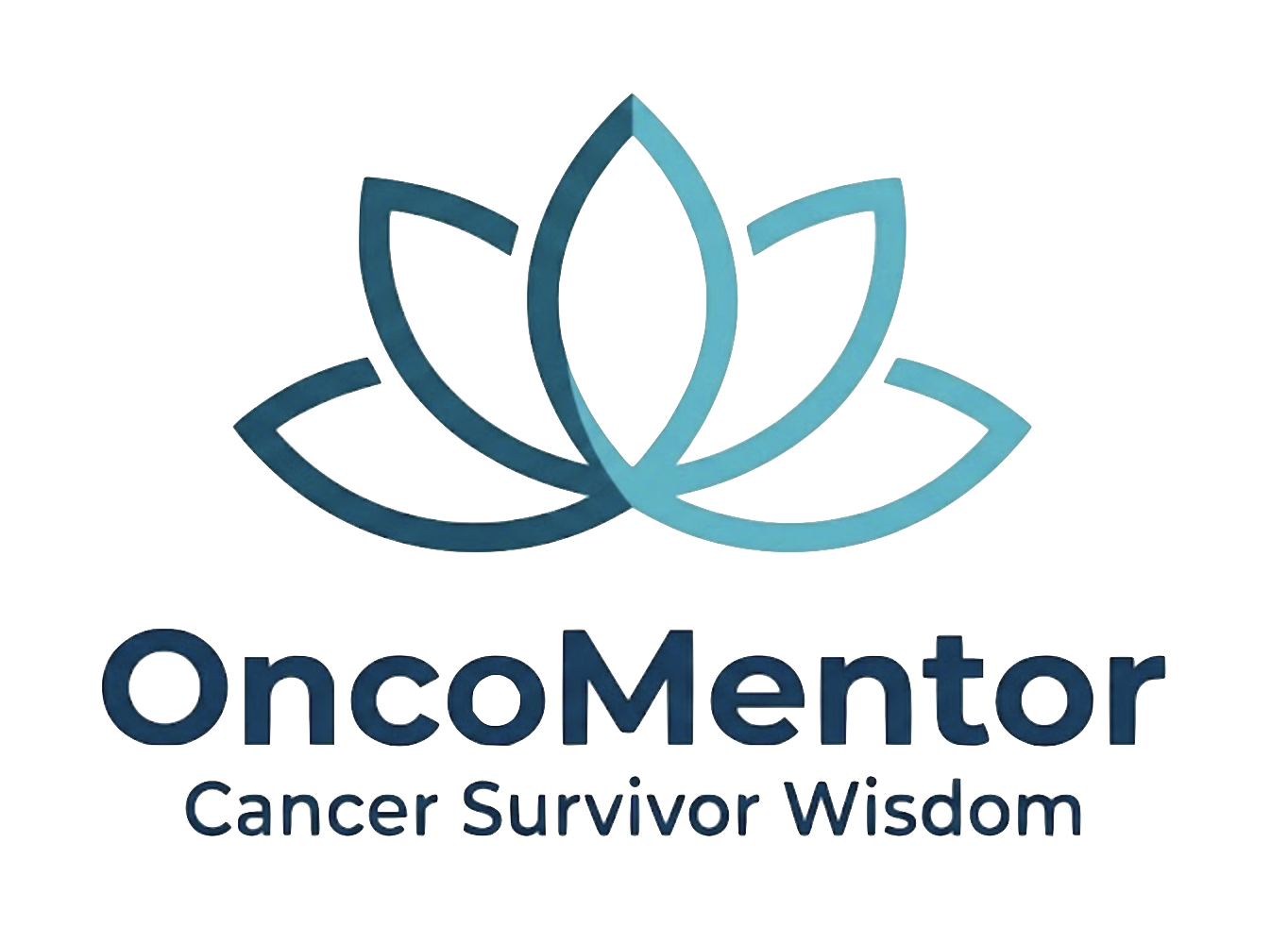Part 6: How CRCI Affects Work, Relationships, and Your Sense of Self
Throughout this series, we have explored Cancer-Related Cognitive Impairment (CRCI) as a medical condition—defining its symptoms, decoding its causes, and outlining strategies for management. But for the millions of survivors who live with it, CRCI is not an abstract diagnosis. It is a daily, lived experience that can profoundly reshape their world, affecting everything from their career and family life to their fundamental sense of self. Understanding this human impact is the final, crucial piece of the puzzle.
For many, the workplace becomes the first arena where the challenges of CRCI become starkly apparent. A job that was once manageable can feel overwhelming when memory falters and concentration wanes. Survivors often describe a painful loss of efficiency, needing more time and effort to complete tasks they once handled with ease. This can lead to anxiety about job performance, fears of being perceived as less competent, and difficult decisions about whether to disclose their struggles to employers or colleagues. According to guidance from the American Cancer Society, finding supportive workplace accommodations, such as a quieter workspace or the use of assistive technology, can be critical for those navigating a career after cancer.
The fog of CRCI also drifts into personal relationships. A partner may misinterpret a forgotten conversation as a lack of caring, or a friend may feel slighted when a survivor seems distracted or "zoned out." The person with CRCI often feels immense frustration and guilt, struggling to articulate an invisible challenge that even they don't fully understand. Open communication becomes essential. Explaining that these cognitive lapses are a physiological side effect of their cancer journey—not a reflection of their feelings—can help build a bridge of understanding and patience with loved ones.
Perhaps the most profound impact, however, is on a survivor's identity. After enduring the physical rigors of cancer treatment, many expect to return to their "old self," only to find that their mind works differently. They may grieve the loss of a formerly sharp memory or a quick wit. This internal struggle can lead to a crisis of confidence, causing them to withdraw from social situations or avoid challenging new experiences for fear of failure. It is a quiet, often lonely, battle.
But this is not where the story has to end. Acknowledging the grief, practicing self-compassion, and focusing on strengths are powerful coping mechanisms. The journey through CRCI is one of adaptation. It involves learning to rely on new tools, communicating needs more directly, and redefining productivity and success. It is about accepting that the post-cancer self may be different, but no less whole. By bringing this condition out of the shadows, survivors and their families can move from a place of frustration to one of empowerment, navigating the fog together.
This article is for informational purposes only and does not constitute medical advice. The content is not intended to be a substitute for professional medical advice, diagnosis, or treatment. Always seek the advice of your physician or another qualified health provider with any questions you may have regarding a medical condition. Never disregard professional medical advice or delay in seeking it because of something you have read in this article.
American Cancer Society (ACS). (2023, October 24). Chemo Brain. Available at: https://www.cancer.org/cancer/managing-cancer/side-effects/changes-in-mood-or-thinking/chemo-brain.html
Cancer and Careers. Managing Chemo Brain at Work. Available at: https://www.cancerandcareers.org/en/looking-for-work/job-search-tools-and-advice/managing-chemo-brain-at-work
Von Ah, D., et al. (2013). Putting the Pieces Together: A Biobehavioral Model of Cancer-Related Cognitive Impairment in Breast Cancer Survivors. Journal of Cancer Survivorship, 7(2), 264–275. Available at: https://www.ncbi.nlm.nih.gov/pmc/articles/PMC3653139/





